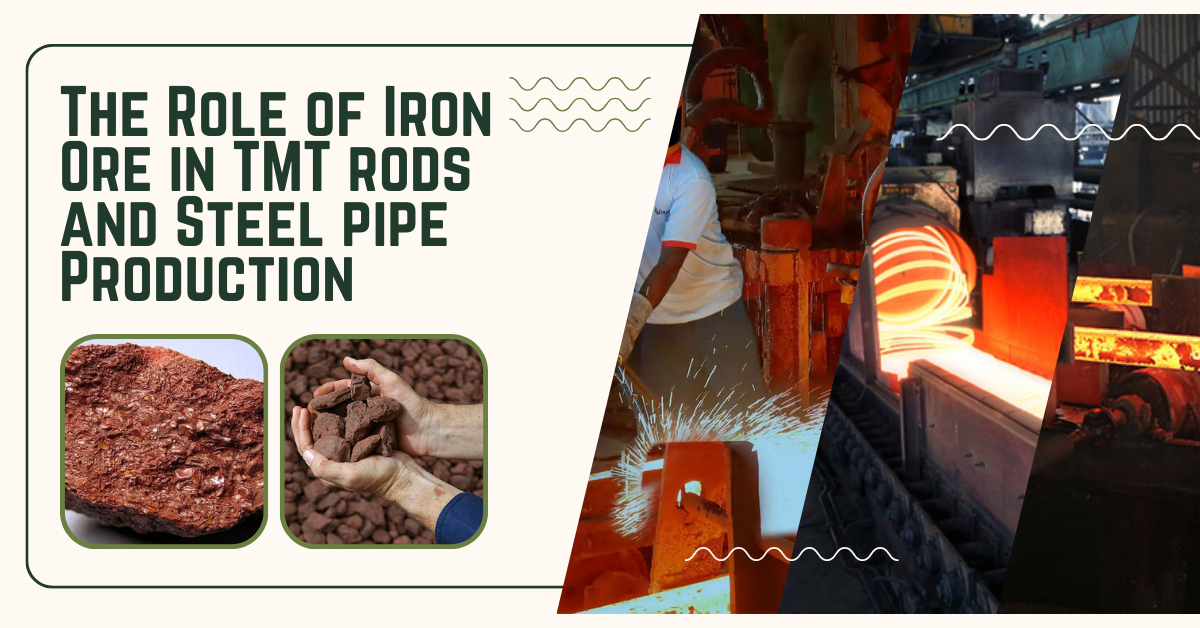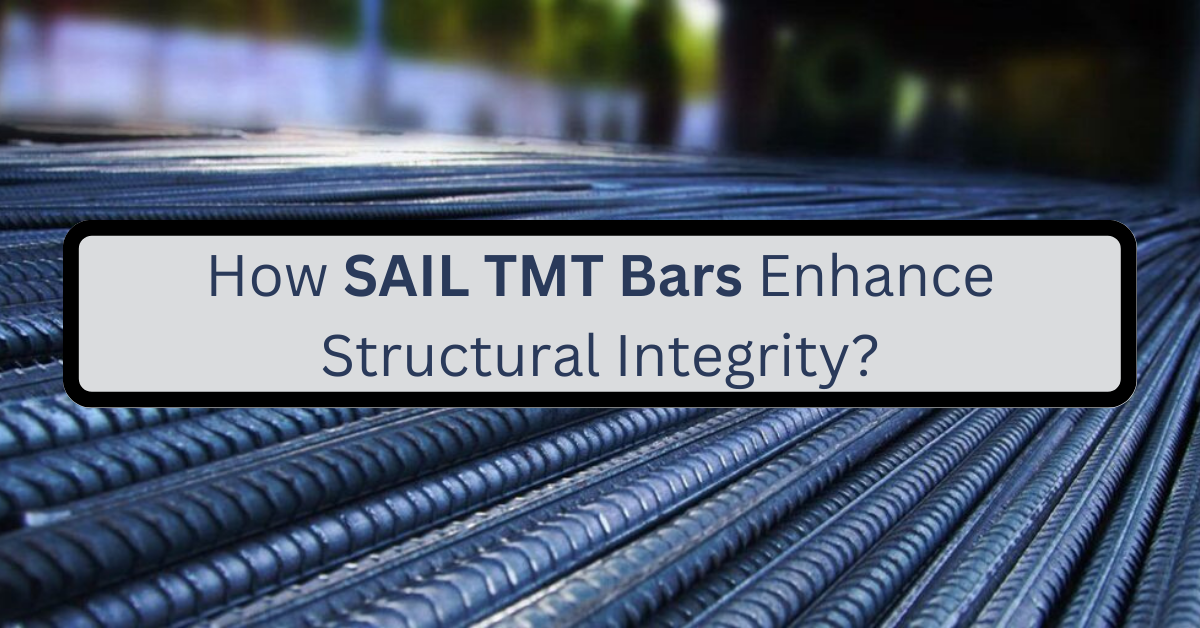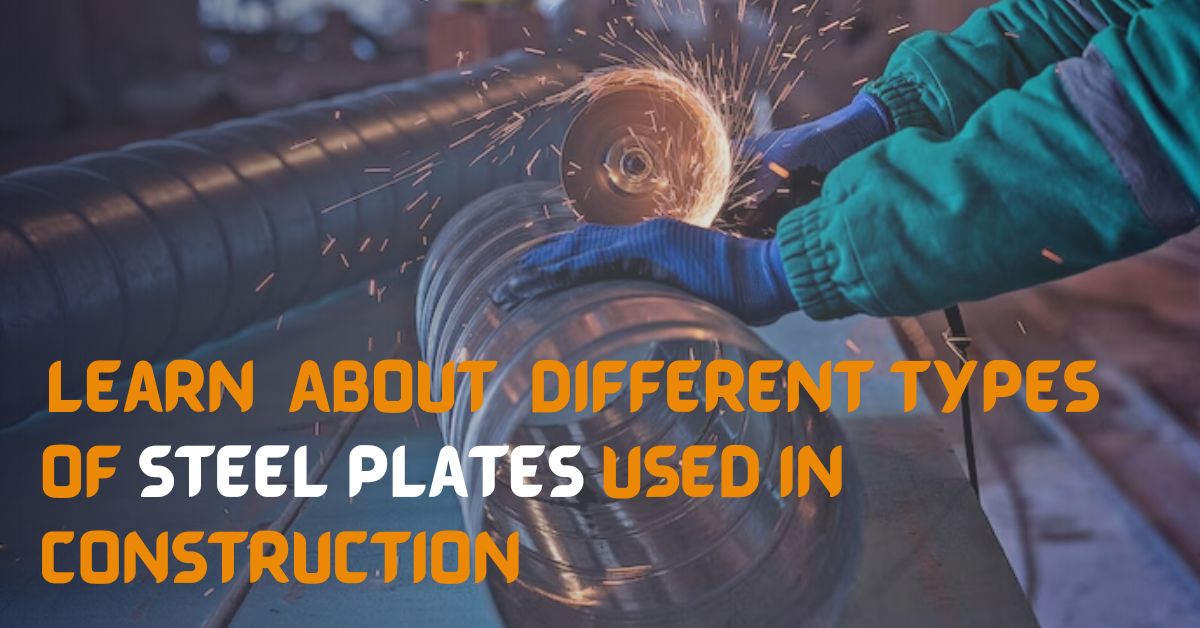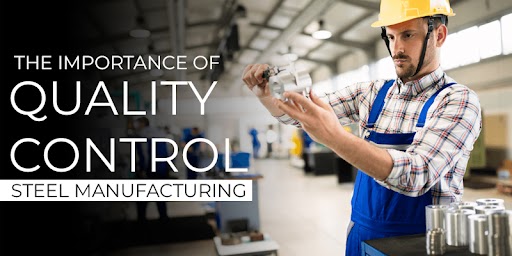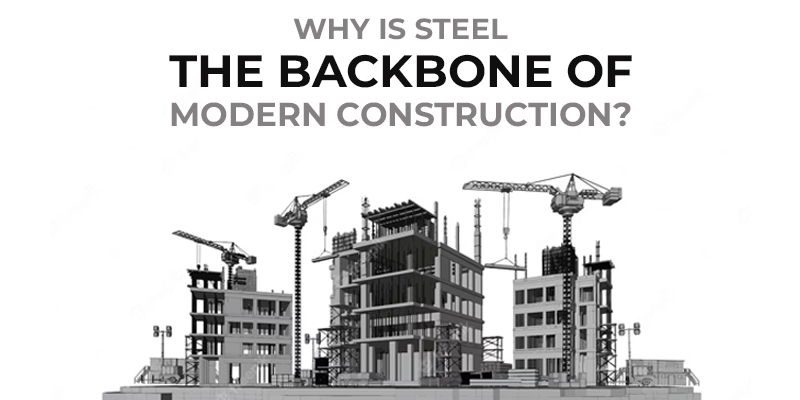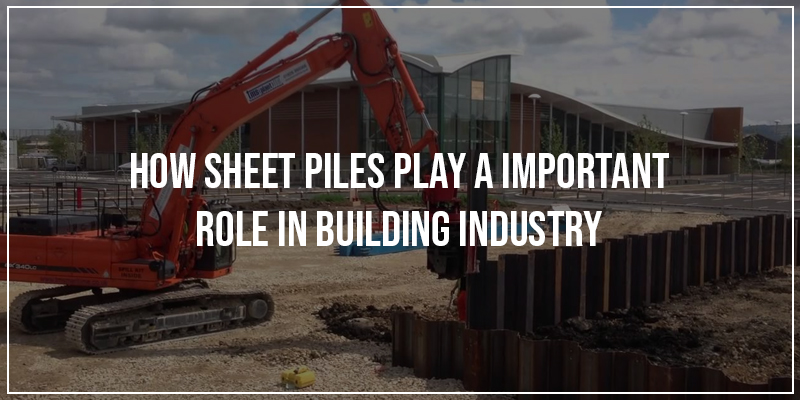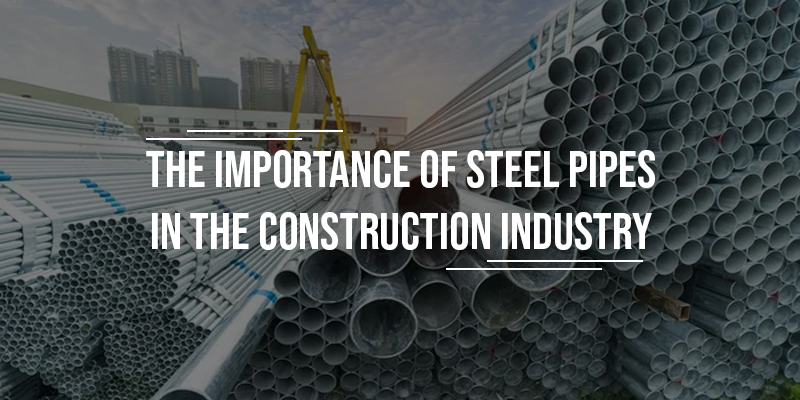Iron ore is the major raw material in steel manufacturing. This wonderful raw material is responsible for the production of TMT rods and steel pipes. These are two of the most used in a wide range of construction and infrastructure projects worldwide.Since Bharath steel knows the importance of these raw materials we the steel suppliers in Chennai produce the best iron ore in the market. Hence on today’s blog we will take a deep dive into the role of iron ore in TMT rods and steel pipe production.
The Journey of Iron Ore:
Iron ore goes through a fascinating process of being a raw material into steel production. At Bharat Steel it all begins with the extraction of iron ore from the mines. Iron ore can be found in various forms such as hematite, magnetite and taconite. These raw materials are processed to remove impurities and ranked based on their iron content.
The Primary method involved in the process of converting iron ore into steel is through the blast furnace process, where the iron ore, coal and limestone are deeply heated to high temperatures in a furnace. This process provides a result known as pig iron, this is an intermediate product rich in iron content but still contains other impurities. Inorder to attain high quality steel, the pig iron must further refined to remove impurities like carbon and sulfur.
TMT Rod Production:
TMT rods are one of the most crucial components in construction projects. Since these rods are known for their rigid nature, it makes them the ideal companion for reinforcing concrete infrastructures. The role of iron ore in the production of TMT road is evident. As we discussed, the iron ore is first heated and converted into pig iron, later on it is converted into steel using the Bessemer process and a basic oxygen furnace. In the Bessemer process the pig iron is heated and blown with air to remove impurities, like carbon and sulfur. In this stage the steel is in a liquid state. This liquid steel is transferred to a basic oxygen furnace, where it is further refined by injecting pure oxygen, which aids in carbon content and adjust’s alloying elements. Resulting in a high quality steel which is then shaped into TMT rods. As the JSW dealers we provide the best TMT rods, which are renowned for their strength and durability.
Steel Pipe Production:
Steel pipes are another set of crucial construction materials which is widely used in various industries, including infrastructure and transportation. Just like it does in TMT rod, iron ore also plays a pivotal role in steel pipe manufacturing. Basically the iron ore is heated using a blast furnace and turned into pig iron later converted into steel. Which is then transformed into steel pipes using seamless pipe manufacturing technique. In this process a solid steel billet is pierced and elongated into a cylindrical shape. As a result excellent steel pipes can be created with fantastic strength, which can be used for high pressure applications such as oil and gas pipelines.
As the construction continues to go through a constant evolution, the role of iron ore in TMT rod and steel pipe production remains critical as always. Since it aids in steady supply of high quality construction materials at bharath steel we try to find the best iron ore from the best mines all over the world. This uncompromising quality has made us the best MS chequered plate dealers in the market. Ultimately, The process of iron ore going through an immense journey from the dark mines into the structures that shape our modern world is a testament for human innovations and the importance of natural resources.

